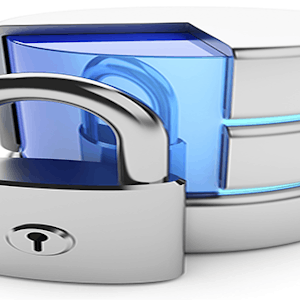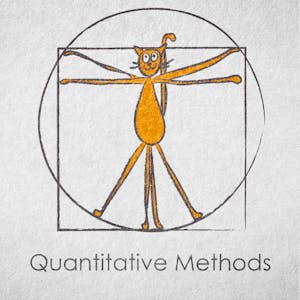Doing More with SAS Programming
About this Course
This course is for business analysts and SAS programmers who want to learn data manipulation techniques using the SAS DATA step and procedures to access, transform, and summarize data. The course builds on the concepts that are presented in the Getting Started with SAS Programming course and is not recommended for beginning SAS software users. In this course you learn how to understand and control DATA step processing, create an accumulating column and process data in groups, manipulate data with functions, convert column type, create custom formats, concatenate and merge tables, process repetitive code, and restructure tables. This course addresses Base SAS software. Before attending this course, you should be able to write DATA step code to access data, subset rows and columns, compute new columns, and process data conditionally. You should also be able to sort tables using the SORT procedure and apply SAS formats.Created by: SAS
Related Online Courses
Welcome to Supply Chain Analytics - the art and science of applying data analytics to assess and improve supply chain performance! A supply chain is a complex system with conflicting objectives of... more
This course is designed to introduce students, working professionals and the community to the exciting field of cybersecurity. Throughout the MOOC, participants will engage in community discourse... more
Discover the principles of solid scientific methods in the behavioral and social sciences. Join us and learn to separate sloppy science from solid research! This course will cover the fundamental... more
This course is intended for blockchain developers, auditors, compliance officers, CTOs, and tech executives seeking to upskill in secure contract writing, blockchain compliance, blockchain... more
How can companies act in the fight against global warming? This is an increasingly pressing question for all actors of our society. Big companies, SMEs, start-ups but also charities and public... more








